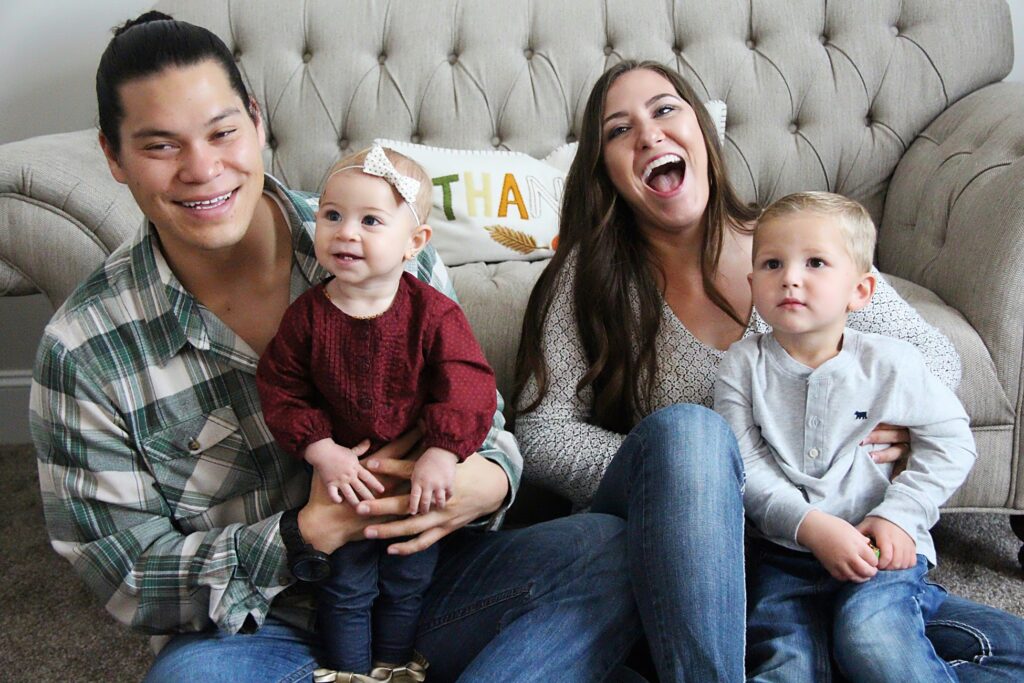As the holiday season approaches, it is the perfect time to teach young children an important life lesson about gratitude that will last throughout the year.
Gratitude is a higher level concept that can be tricky to understand for toddlers and preschoolers, because of their developmental stage, tend to be self-focused. Talking with young children about being thankful for not only material things, but for acts of kindness from others, is one way to help them learn.
So, how do we teach our children to be grateful? Here are some tips that Arizona’s early childhood agency, First Things First, gathered from child development experts:
Teach children to say thank you to everyone who does something for them – their server at a restaurant, the older sibling who helps them pick up toys, or the friend who gives them a birthday gift.
Talk about the things you are grateful for. This can be done in many ways, from a blessing before dinner to keeping a family gratitude journal.
Tell your kids why you are grateful for them. Remind your children of your own gratitude by using specific reasons why they are special and loved. For example: I appreciate the way you help your brother tie his shoes.
Support a charitable event or organization. Whether you are donating old clothes or toys, participating in a food drive, or even baking cookies for a new neighbor, talk to children about what those actions mean to those who receive the kindness.
Be consistent. Like all skills, gratitude is not learned in one lesson.
“Gratitude is a way of seeing the world that helps us manage the challenges we encounter. Now, more than ever, our children need to develop gratitude to increase their resiliency and overall wellbeing,” said Shannon Brown, Regional Director for FTF in Pinal. “Children will learn gratitude when they are surrounded by adults that exemplify this trait. Help young children embrace the beauty of gratitude by demonstrating an appreciation for the ordinary, joy in each day and offering support to others.”
As Regional Director for FTF in Pinal, Brown works with a variety of organizations and individuals to grow a community understanding of the importance of early childhood and how the first five years offer the opportunity for children to develop the skills they need to be successful students and successful adults.
Research shows that thankful people are usually more optimistic and are less depressed and stressed. So, when we teach our children to appreciate what they have – and what others do for them – we are helping them to become happier, healthier adults.
About First Things First — As Arizona’s early childhood agency, First Things First funds early learning, family support and children’s preventive health services to help kids be successful once they enter kindergarten. Decisions about how those funds are spent are made by local councils staffed by community volunteers. To learn more, visit FirstThingsFirst.org.

